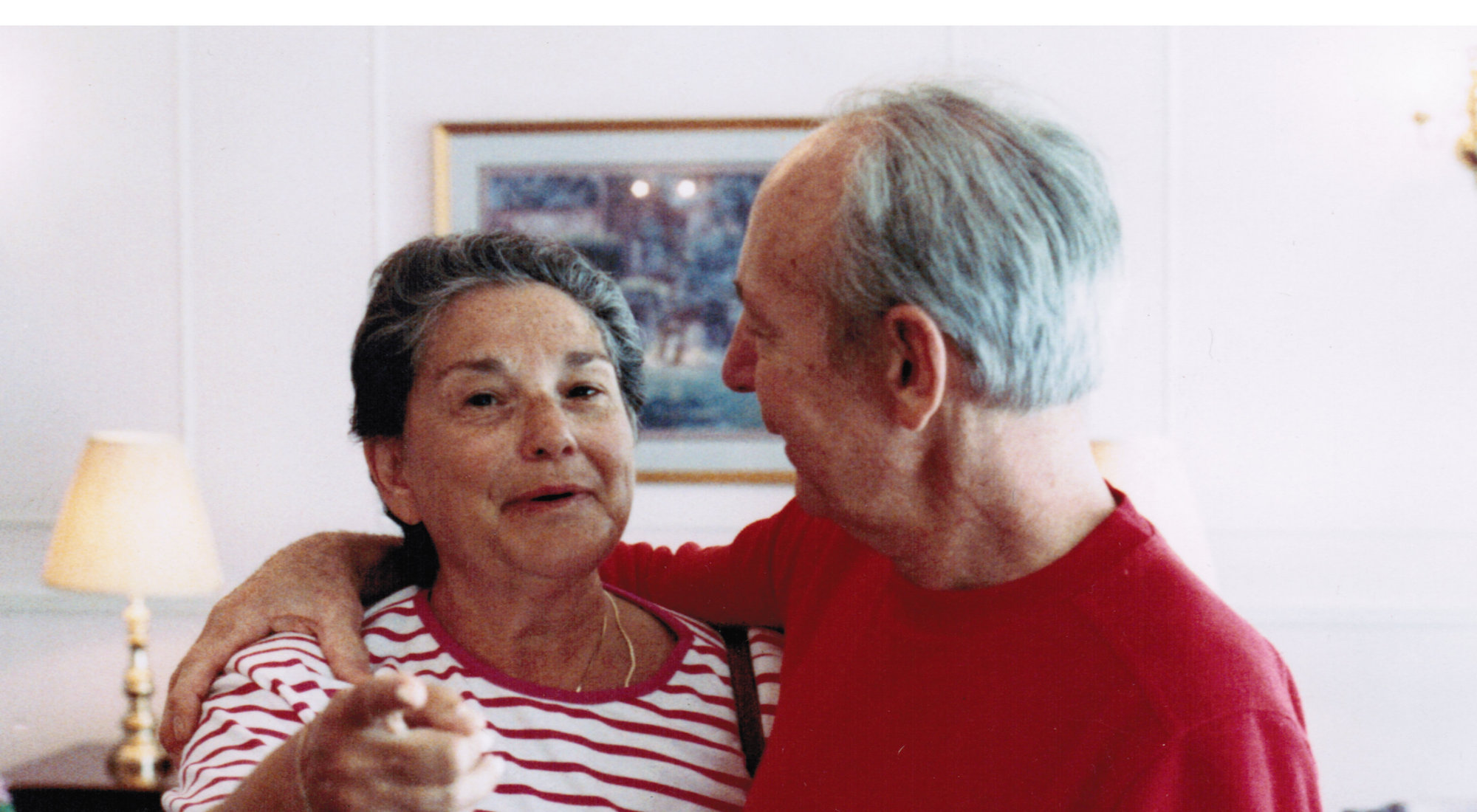Bienvenidos a Nuestro Hogar
Nuestra casa puede parecer un poco diferente de como solía verse. La hemos cambiado para hacer nuestra convivencia con _____________más alegre y cordial. __________ se encuentra en la fase inicial de la enfermedad de Alzheimer. Al realizar estos cambios en nuestra casa, podemos apoyar los esfuerzos de _____________ para permanecer aquí, feliz y segur(a), en contacto con buenos recuerdos y creando otros nuevos.
Por favor usa una etiqueta con tu nombre. Es posible que ________ no siempre la necesite, pero siempre es útil. Con una sonrisa, di tu nombre y cual es tú relación con el (ella). Un simple “Hola ________, soy___________, tu____________” es todo lo que se necesita. Esto le dará a _________ un claro punto de referencia que genera un gran inicio en la visita.
Podrás percatarte de ciertas señales en la casa: fotos de lo que hay en la alacena (como platos) o detrás de las puerta (del baño). Con estas señales _______ tendrá el apoyo en casa para sentirse más seguro(a) con nosotros y más tranquilo (a).
Es muy útil realizar tareas cotidianas y juegos conjuntamente. Aquí hay una lista de cosas que disfrutamos hacer con __________________(ejemplos: jugar cartas como “vete a pescar” o ———–, jardinería, escuchar y cantar canciones antiguas juntos, ver álbumes de fotos). Claro que el solo hecho de sentarse tomados de la mano o caminar juntos también es maravilloso.
También tenemos un manual del Programa Montessori de Alzheirmer que siempre pueden hojear para obtener consejos útiles de como caminar, jugar, cantar y hacer todo tipo de actividades con _____________.
Aunque las cosas no son exactamente iguales a cómo eran antes, no tiene que ser totalmente distintas. Existe una constante – nuestro incondicional cariño y amor. Recuerda que bondad amorosa facilita cualquier dificultad.
No dudes en pedirme consejos para hacer las visitas especiales para ambos, tú y _____
De nuevo gracias, y bienvenido a nuestra casa
